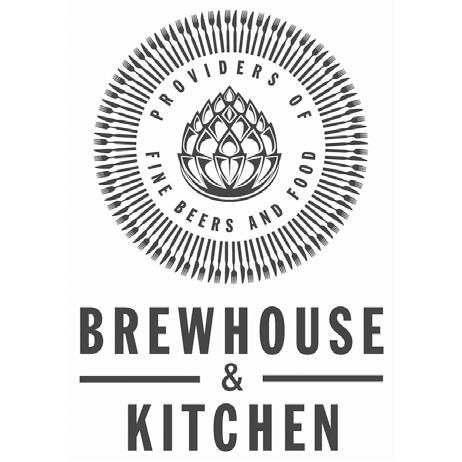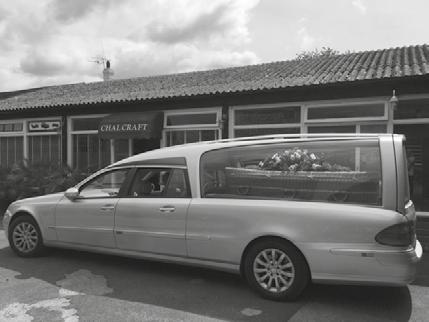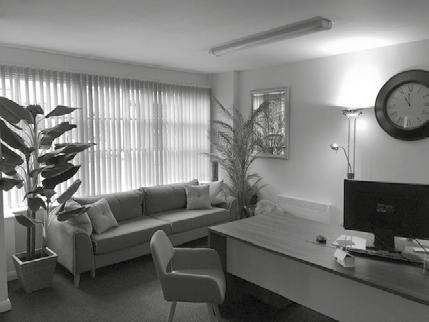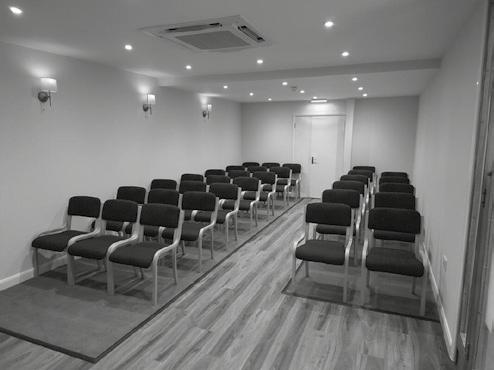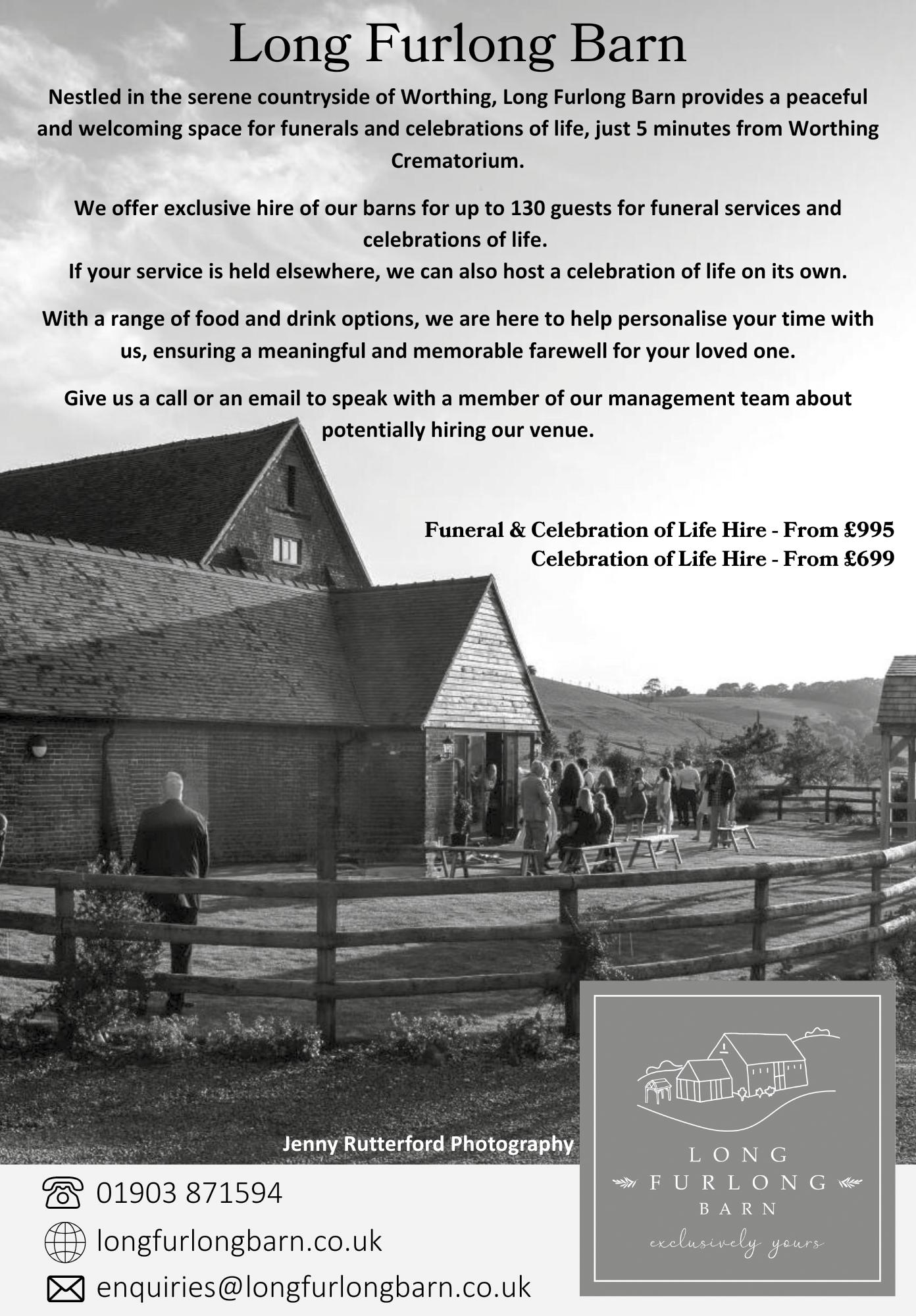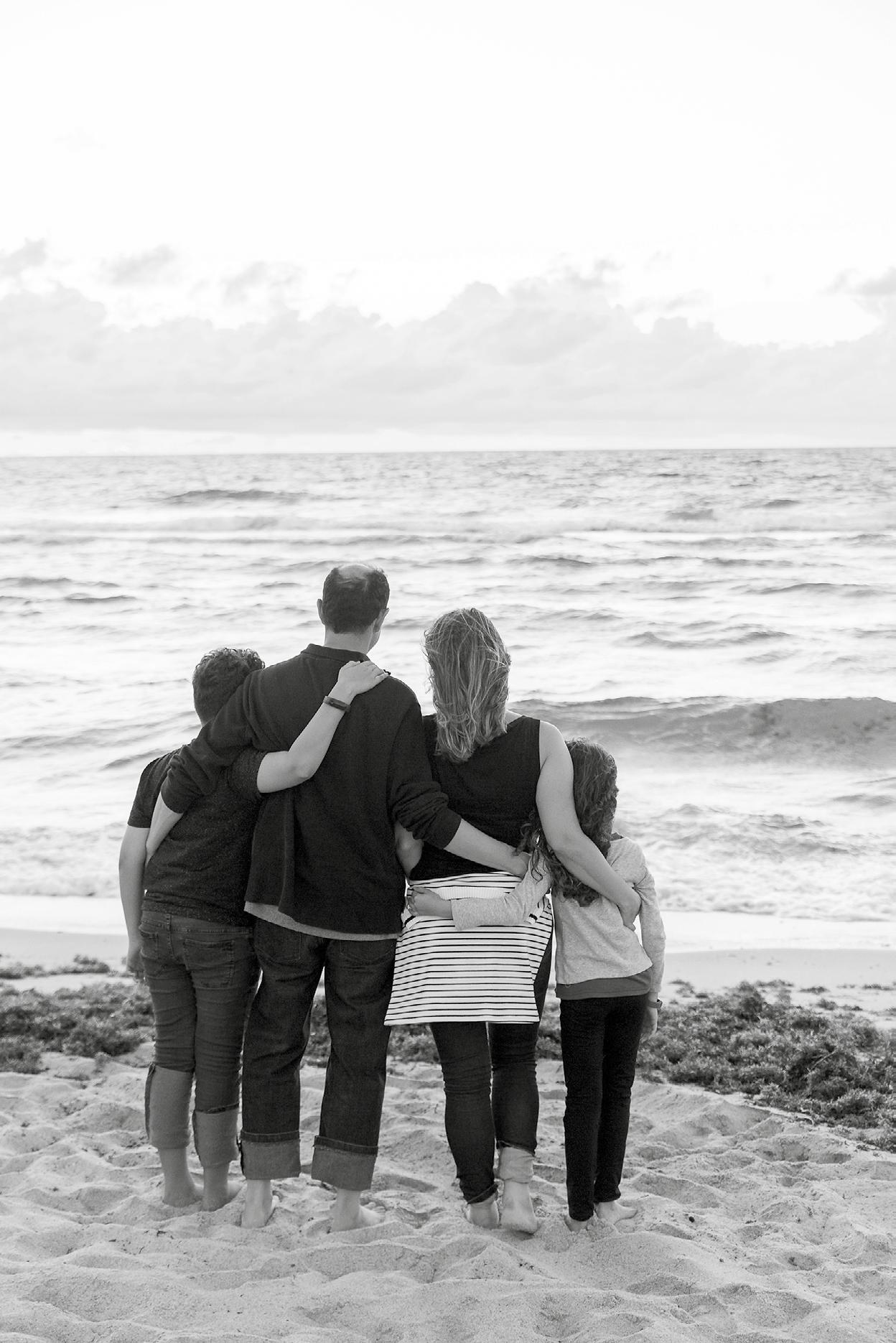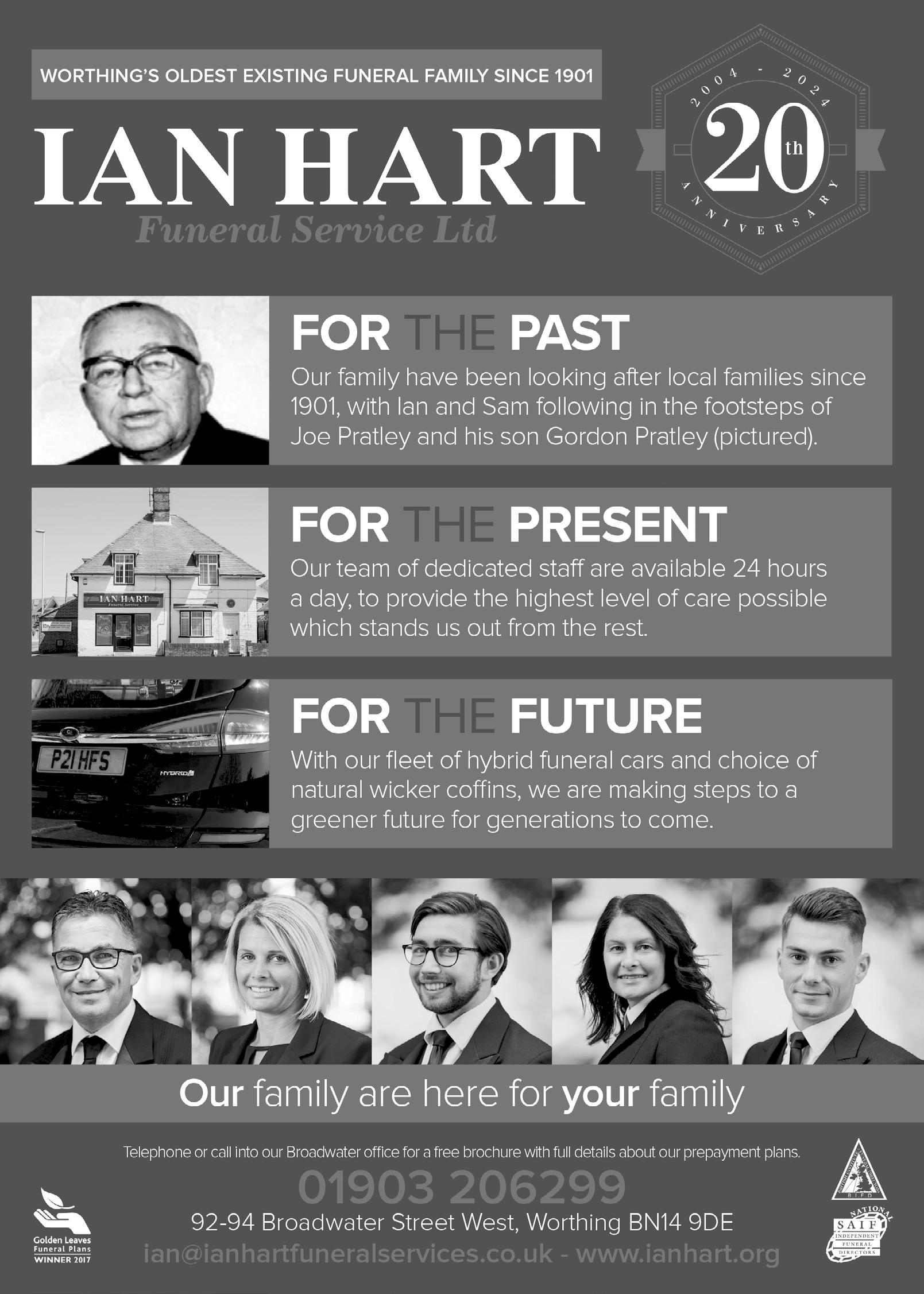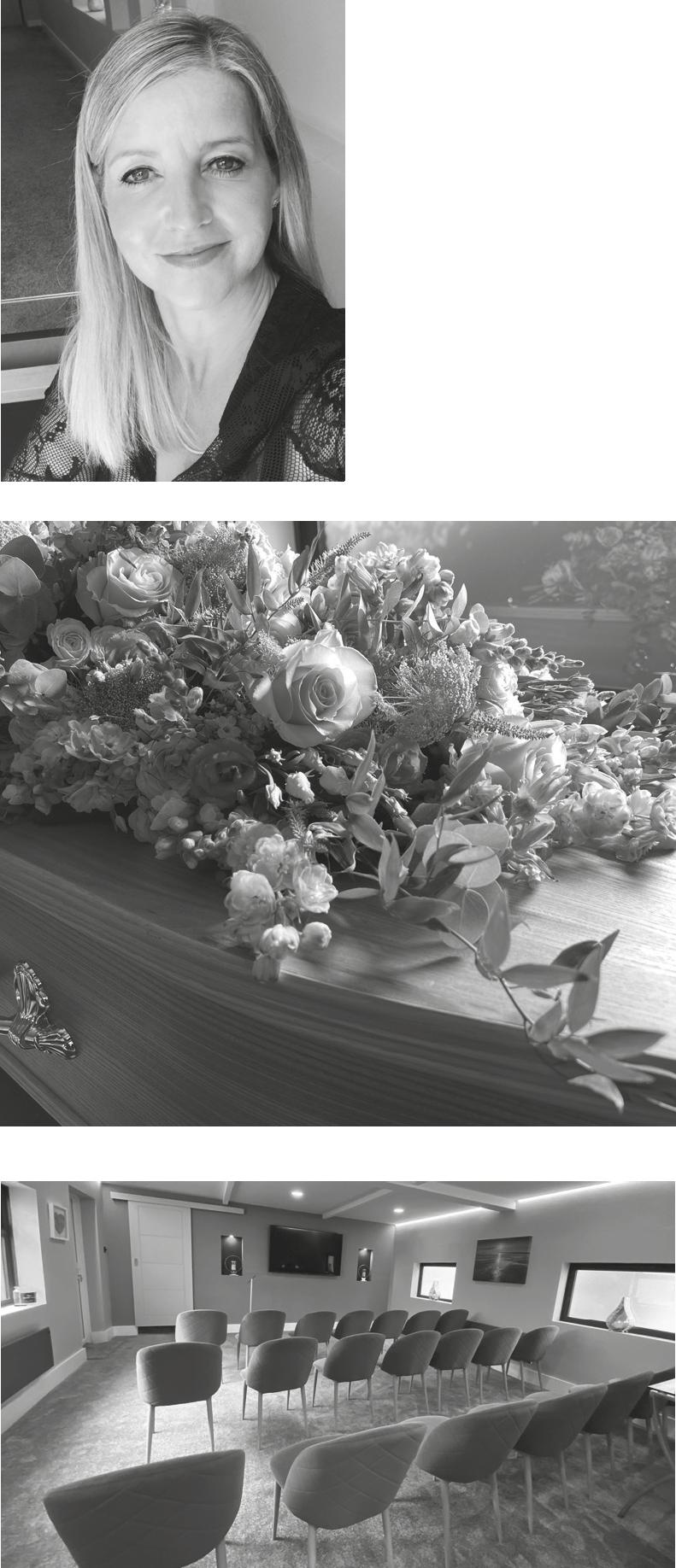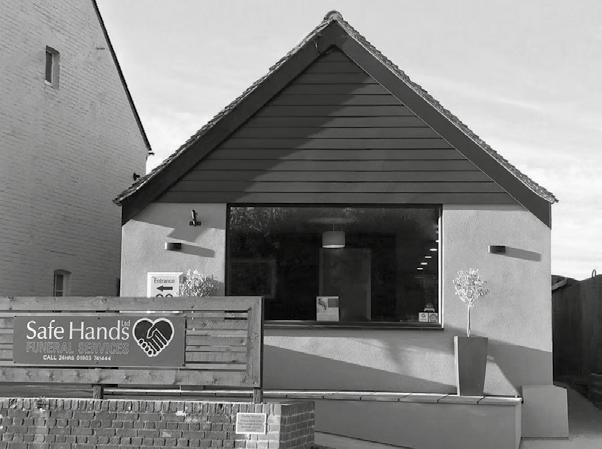Advice and information following bereavement

Please accept our sincere condolences on your recent bereavement.


Please accept our sincere condolences on your recent bereavement.
When a friend or relative dies, it can feel overwhelming to think about everything that needs to be done. To help you, we have put together some practical advice about the steps you need to take, as well as information on the bereavement support available to you.
To register your loved one’s death a medical certificate of cause of death must be completed by a doctor, and it will usually be sent directly to the registrars. Once it has been sent, you need to contact the registrars to book an appointment to register their death and collect the death certificate.
If your loved one died at home or a care home The medical certificate of cause of death will usually be completed by their GP. You will need to speak to the GP surgery to confirm this, and check if the certificate will be sent directly to the registrars or whether you need to collect it.
If your loved one died at the hospice
One of the doctors who looked after them during their time at the hospice will complete the medical certificate of cause of death.
Before the certificate is issued you will get a call from the Medical Examiner Team. The care of all those who die on the ward at St Barnabas House is reviewed by the Medical Examiner Team based at Worthing Hospital. Referral to the Medical Examiner Team is a routine procedure that helps to ensure high-quality care for both those who have died and those who are bereaved.
A member of the Medical Examiner Team will phone you to provide an opportunity to discuss the care your loved one received at the hospice and to go through what will be written on the medical certificate of cause of death.

It is also an opportunity to ask any questions or voice any concerns you may have.
Once the Medical Examiner has spoken to you, the hospice will be informed and we will be able to issue the medical cause of death certificate. This will be sent electronically to the Registration Office. The Medical Examiner will contact you to let you know once this has been done, and then you will be able to book an appointment with the registrar. You will not be required to collect the certificate in person.
One of the doctors who looked after them during their time at the hospital will complete the medical certificate of cause of death which will be sent directly to the registrars. A member of the Medical Examiner Team will be in touch with a nominated family member to discuss the care received and go through the cause of death with you.
What happens when a death is reported to a coroner?
If your loved one’s death is reported to a coroner, the documents you need to register their death may be different.
The coroner will decide either: the cause of death is clear that a post-mortem is needed to hold an inquest
If the death is referred to the coroner they will issue the medical paperwork directly to the registrar. The coroner’s officer will usually contact you when the paperwork has been completed so you can make an appointment to register the death. They will also explain the next steps and help with any queries you may have.
Once the medical certificate of cause of death has been issued you can book an appointment online or by calling the number below.
Ideally you should register the death within five days. You must attend the Registration Office in person to register the death.
The registrar will then issue a death certificate.
This can only be done by a relative, someone present at the death, the person arranging the funeral, or an official from the public building they died in (i.e. a hospital).
To book the registrar appointment call 01243 642122 or book online at westsussex.gov.uk/births-ceremonies-and-deaths/deaths
The funeral can only take place after the death is registered. Although you can arrange a funeral yourself, most people use a funeral director.
If your loved one died at home or a care home
You can select and contact a funeral director to collect your loved one and take them into their care. The GP will fill out the necessary paperwork to go to the funeral directors.
If your loved one died at the hospice
The doctor who looked after them will fill in all the necessary paperwork, including a cremation form if this is chosen. Once you have selected a funeral director you will need to phone the inpatient unit to inform the ward nurse. When the paperwork is completed, we will call the funeral directors to let them know that they can collect your loved one, and the paperwork, and take them into their care.
your loved one died in hospital
You will be contacted by the hospital’s bereavement team who will explain their paperwork processes and ask which funeral directors you have chosen. You can find contact numbers for the bereavement offices in the ‘Useful contacts’ section.
Funeral costs can include: funeral director fees. things the funeral director pays for on your behalf (called ‘disbursements’ or ‘thirdparty costs’). For example, crematorium or cemetery fees, officiants fees, or a newspaper announcement about the death. local authority burial or cremation fees.
Funeral directors may list all these costs in their quote. You can get quotes from several funeral directors to see what is available within your budget.
The funeral can be paid for by: you, or other family members or friends.
a financial scheme the person had (for example, a pre-paid funeral plan or insurance policy). with money from the person’s estate (savings, for example) - getting access to this is called applying for a ‘grant of representation’ (sometimes called ‘applying for probate’). you could get a Funeral Expenses Payment (also called a Funeral Payment) if you get certain benefits and need help to pay for a funeral you’re arranging.
If you need help you can call the Department for Work and Pensions Bereavement Service helpline on 0800 151 2012.

There are schemes you can use to let government departments and other services know about a death, and some organisations you will need to tell yourself.
Tell Us Once is a service that lets you report a death to most government organisations in one go. A registrar will explain this when you register the death. Visit gov.uk/tell-us-once
The Death Notification Service is a separate free, online service which allows you to notify a number of registered banks and building societies at once. Visit deathnotificationservice.co.uk or call 0333 207 6574.
You will also need to tell any other banks, utility companies, and landlords or housing associations yourself.
Stop Mail is another free service which removes your loved one from direct mail marketing lists. Visit stopmail.co.uk or call 0333 006 8114.
Who to inform tick list –there may be others not listed below
Banks and building societies
Investment company
Savings company
Private pension
Dentist
GP surgery
Landlord
Mortgage provider
Housing association
Land Registry
Life insurance
Car insurance
Pet insurance
Property insurance
Gas provider
Electric provider
Water provider
Internet provider
Mobile phone company
TV Licensing
Employer
Employer/trade unions
Post Office (redirect post)
Social services
Store cards
You may find there are medications, equipment and other items left in your loved one’s home. Hospital beds or commodes will need to be returned; there is usually a sticker identifying who the item needs to be returned to, or a delivery note with a telephone number to contact. Medication can be returned to a pharmacy and yellow folders, syringe drivers, sharps boxes and syringes or needles can be collected by the Hospice at Home or District Nurses team. Please call them for collection.
Please return any medication to your nearest pharmacy for proper disposal. All pharmacies offer this service free of charge. If you can, please return medications in their original packaging.

Please do not be tempted to share medication with somebody else as this can be dangerous. Disposing of it down the toilet or sink can also be bad for the environment.
Applying for the legal right to deal with someone’s property, money and possessions (their estate) when they die is called ‘applying for probate’. You may not need probate if the person who died had jointly owned land, property, shares or money – these will automatically pass to the surviving owner(s) – or if they only had savings or premium bonds.
Contact each asset holder (for example, a bank or mortgage company) to find out if you’ll need probate to get access to their assets. Every organisation has its own rules. You can find out more by searching for ‘probate’ on gov.uk.
Your tax, benefit claims and pension might change depending on your relationship with the person who died. You should notify any relevant government departments of your change in circumstances.
You may be able to get Bereavement Support Payment if your husband, wife or civil partner died in the last 21 months. You can check your eligibility on the gov.uk website; search for ‘bereavement support payment’.


While grief is a natural part of life, when someone you love dies it can be a difficult and devastating experience.
The patient and family support team is here to offer support to the family and friends of patients who received care from St Barnabas House whether in the hospice or in the community. We can offer support to those who live within the hospice catchment area of Worthing, Adur, Arun and Henfield. If you, or other family or friends, live further away we may be able to help find bereavement support which is local to you.
We understand how difficult it is when someone you love dies. Everyone has their own individual way of navigating bereavement and so we offer different services to help you.
You can access individual bereavement counselling and bereavement group support, including a bereavement art group. We are also here to help you support any children or young people who may have been affected.
During an initial conversation with a member of the team we will ask how you have been coping with the bereavement and how we can best support you.
We always try to offer sessions that are on days and times convenient to you, including evenings.
We do not charge for any of our services. We try our best to keep wait times to a minimum, but there may be times where you have to wait a while for support to begin.
After your bereavement you may be invited to participate in memorial services, you can opt out of receiving these communications at any time by contacting us.
If you would like to make an appointment for support please email the team at familyservices@stbh.org.uk or call 01903 706341.
We are available during usual office hours. You can leave us a voicemail outside of these hours.
Everyone responds to grief in a unique way, and yet it may be helpful to realise that the following can be natural responses.
I can’t believe that they are gone Even when you have known for some time that someone is going to die, there is still a sense of shock when the death occurs. You may feel cold, numb and unreal for a time and have trouble believing your loved one is not coming back. This initial feeling of shock usually starts to fade as time goes on, although this intense feeling may come back from time to time.
There’s so much to do but I can’t concentrate on anything
You may find this a confusing and stressful time and it can be difficult to focus on any one thing in particular. You may find that you are staring aimlessly and ‘floating’ through each day, you may feel like life has no meaning anymore and ask yourself ‘what’s the point?’ When someone you have loved dies, it is normal to question what life is all about. Be as gentle and kind with yourself as you can, you may want to sleep more, and do the minimum to get through the day.
I don’t feel well
Grief can be a very stressful experience and you may feel tired and yet not be able to sleep, you might also have lost your
appetite. It is not uncommon for people to feel run down after a bereavement which can make you susceptible to minor infections and illnesses. So, it is important to look after yourself and try to eat a little food regularly and drink plenty of fluids. Getting out in the fresh air even for a short time can be beneficial, try to sleep well, and consider seeking professional help.
I think I’m going mad
Grief can bring intense and strong emotions – perhaps more than you have ever felt before – and these emotions can be overwhelming. You may feel like you are going mad and find that you feel and act differently from usual. If you have important decisions to make it can help to talk them over with a person you trust, as this is not always the best time to make major changes in your life.
Why did this have to happen to me/us?
Many people have strong feelings of anger, which can be difficult to understand. Feeling a range of emotions is normal after a bereavement. Again, talking to a professional can help you to understand and release some of these strong feelings.
Patient and family support team 01903 706341
Bereavement support for family and friends of patients under the care of St Barnabas House.
Cruse Bereavement Support 08088 081 677
The leading national charity for bereaved people. cruse.org.uk Offering support, advice and information to children, young people and adults.
Child Bereavement UK 08000 288 840
Children and young people’s childbereavementuk.org bereavement support services.
Winston’s Wish 08088 020 021
The UK’s childhood bereavement charity winstonswish.org who support children and their families after the death of a parent or sibling.
A.G Morriss Funeral Services
158 Findon Road
Worthing
BN14 0EL
01903 896776
Arka Original Funerals
39-41 Surrey Street
Brighton
BN1 3PB
01273 766620
136 Islingwood Road
Brighton
BN2 9SH
01273 621444
Bungards
90 Sackville Road
Hove
BN3 3HE
01273 820018
Caring Lady Funeral Directors
68 High Street
Shoreham
BN43 5DB
01273 464647
38 Blatchington Road Hove
BN3 3YH
01273 771332
155 Lewes Road
Brighton
BN2 3LG
01273 626326
56 Goring Road
Goring-by-Sea
BN12 4AD
01903 505757
Chalcraft Funeral Directors
55 High Street
Steyning
BN44 3RE
01903 812656
Co-operative Funeralcare
202 Findon Road
Worthing
BN14 0EJ
01903 877035
34 South Street
Lancing
BN15 8AG
01903 851018
22 Goring Road
Worthing
BN12 4AJ
01903 503536
C & T Radmall
2 Stanmore House
High Street
Henfield
BN5 9JJ
01273 256859
3-4 Shelley House
Bishopric
Horsham
RH12 1QF
01403 887541
223 London Road
Burgess Hill
RH15 9QU
01444 848438
Dillistones & Wraights
191 South Farm Road
Worthing
BN14 7TW
01903 337890
3a Arundel Road
Littlehampton
BN17 7BY
01903 337907
270-272 Goring Road
Goring-by-Sea
BN12 4PE
01903 337795
143 South Street
Lancing
BN15 8BD
01903 337713
HD Tribe
259 Goring Road
Goring-by-Sea
BN12 4PA
01903 249913
28 South Street
Lancing
BN15 8AG
01903 753184
5 Surrey Street
Littlehampton
BN17 5AZ
01903 732986
101 Eastern Avenue
Shoreham
BN43 6PE
01273 452169
West Street
Sompting
BN15 0DE
01903 753232
19 West Street
Storrington
RH20 4DZ
01903 742585
130 Broadwater Road
Worthing
BN14 8HU
01903 234516
H G King
The Old Bank
24 North Road
Lancing
BN15 9AB 01903 765766
Ian Hart Funeral Services
92-94 Broadwater St West
Worthing
BN14 9DE
01903 206299
Jefferies Funeral Directors
15 Carlton Terrace Portslade
BN41 1XF
01273 411662
Phillip Evans Funeral Directors
172 Old Shoreham Road
Southwick
BN42 4HU
01273 870870
Reynolds Funeral Services
Cemetery Lodge Horsham Road
Littlehampton
BN17 6LX
01903 730666
Rounce Funeral Services
3 Half Moon Parade
Half Moon Lane
Worthing
BN13 2EL
01903 692626
Safe Hands Funeral Services
38 West Street
Storrington
RH20 4EE
01903 741444
TLC Funerals
3 Boxgrove
The Strand
Goring
BN12 6BR
01903 242930
Choosing how to remember a loved one is deeply personal, and many people find comfort in creating a lasting tribute that celebrates their life while helping others.
By giving in memory, you’ll be supporting future patients and families, helping St Barnabas continue to provide free, expert hospice care to those who need us most.
You can honour someone special in many meaningful ways:
• Make a one-off donation in their name
• Take part in a sponsored event or challenge
• Leave a gift in your Will to continue their legacy
• Collect donations in lieu of flowers at a funeral or memorial
You can also set up an online tribute page – a special space for friends and family to share messages, photos, and donations in memory of your loved one.
Every gift makes a difference. It costs over £10 million each year to run our services, and with only 22% of our funding coming from the government, we rely on the kindness and generosity of our community to keep our care free for everyone who needs it.
To find out more or set up a tribute page visit stbh.org.uk/give-in-memory


The Hospice would like to thank RNS Publications for publishing this information and the following pages contain some features from services o ering their help at this time.
Whilst the Hospice is grateful of their support it does not endorse or recommend any of the services that they provide.

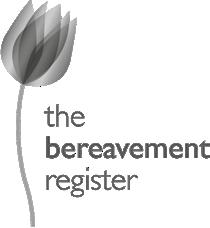
You may need help, support or advice on what to do when someone dies in relation to probate. It may not always appear obvious if it will be required. Do you need help with
We offer free guidance on the legal and financial aspects of bereavement including your responsibilities and whether probate is required. Connecting you with managed and D.I.Y. Probate Solutions
